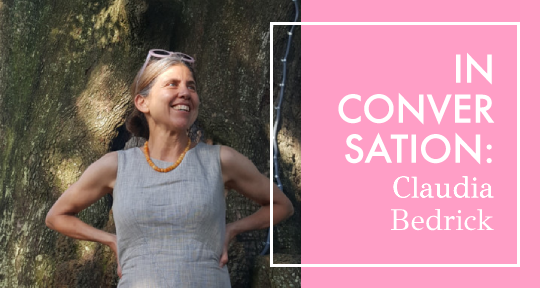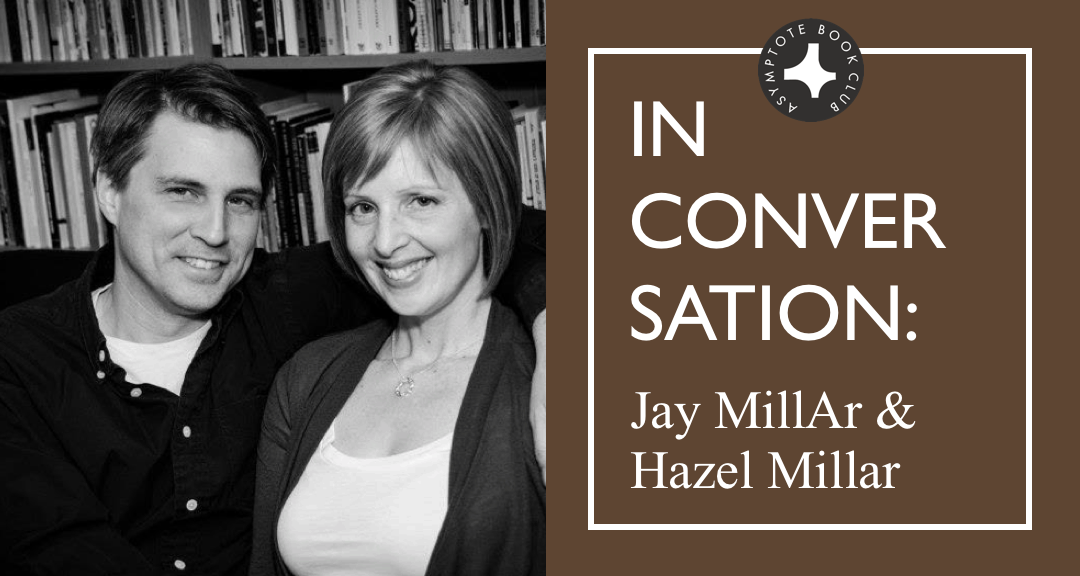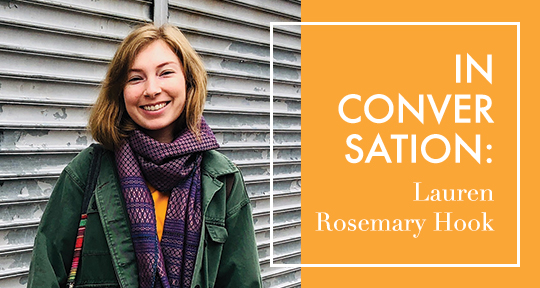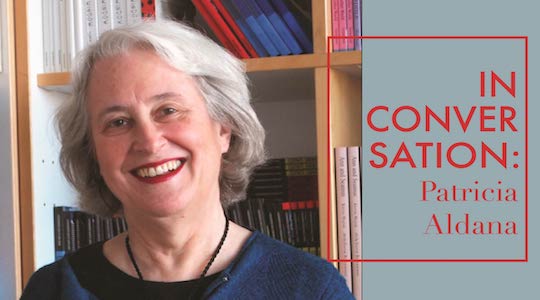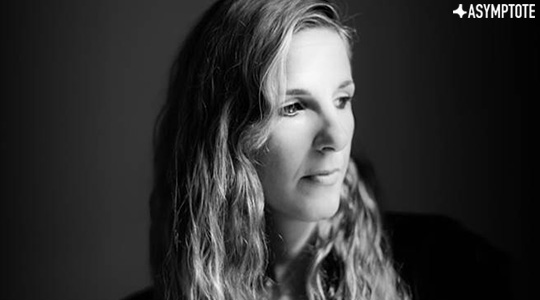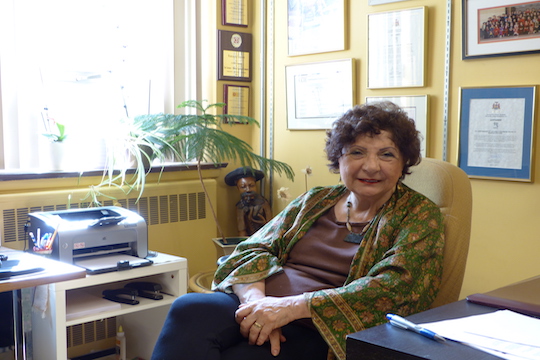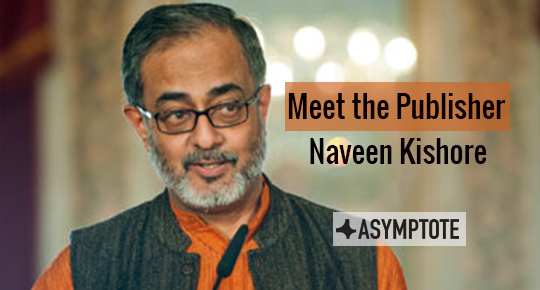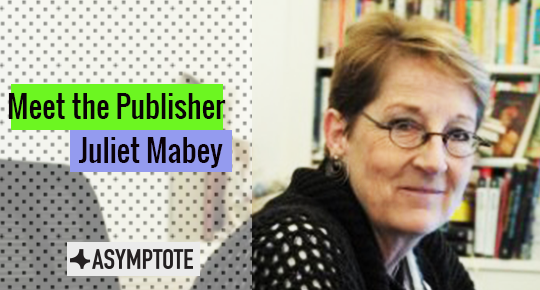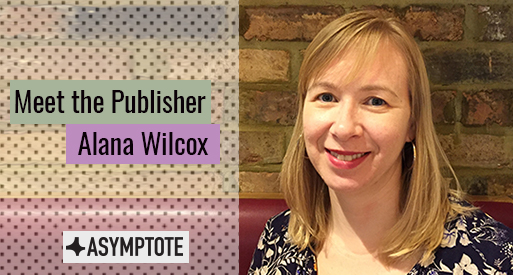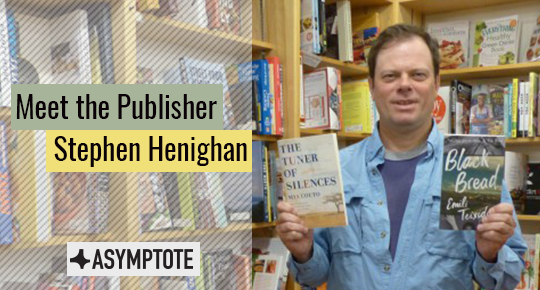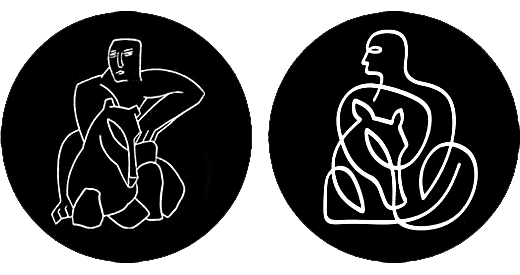Before 2020 became the annus horribilis, fans of Italian children’s author Gianni Rodari had awaited it with excitement, as it marked the one hundredth anniversary of Rodari’s birth. Countless events and celebration had been planned, many of which still took place virtually, but perhaps even more interestingly, new editions and translations of and about Rodari’s work were issued. Among these is the first complete English translation of Favole al telefono (Telephone Tales), translated by Antony Shugaar and illustrated by Valerio Vidali for the independent children’s press Enchanted Lion Books.
Although Rodari is arguably the greatest Italian children’s author and his fame extends well beyond Italy’s borders, especially in the former Soviet Union, Rodari was never read much in the United States and Anglophone world in general, partly because of his ties with the Communist Party. Intrigued by their choice to publish Telephone Tales now, I had a Zoom conversation with Claudia Bedrick, the publisher, editor, and art director at Enchanted Lion. We began by discussing Rodari and ended up talking about children’s literature in translation more generally.
Anna Aresi: How and why did you decide to publish Telephone Tales now? Of course there was the anniversary, but Rodari was never famous in the United States. Do you think readers are more receptive now? The book has been a great success!
Claudia Bedrick: Yes, maybe. In fact, it was only coincidentally that it was published for the anniversary. We thought it would be published a lot sooner. The translator and I started talking about Telephone Tales seven years ago, but there were delays and it just happened that it was published last year (in 2020). My interest in Rodari stems from The Grammar of Fantasy, which exists in English, translated by Jack Zipes. That’s a book that I’ve known for a long time, a book that I’ve read and relied upon in the formation of Enchanted Lion. So when the translator contacted me about Rodari and Telephone Tales, I was already familiar with him, and I think this was a major difference between me as an editor and other editors he had spoken with. Like you said, a lot of people in the English-speaking world have no idea who Rodari is, even though he is arguably the greatest children’s writer of Italian culture, or one of them in any case.

